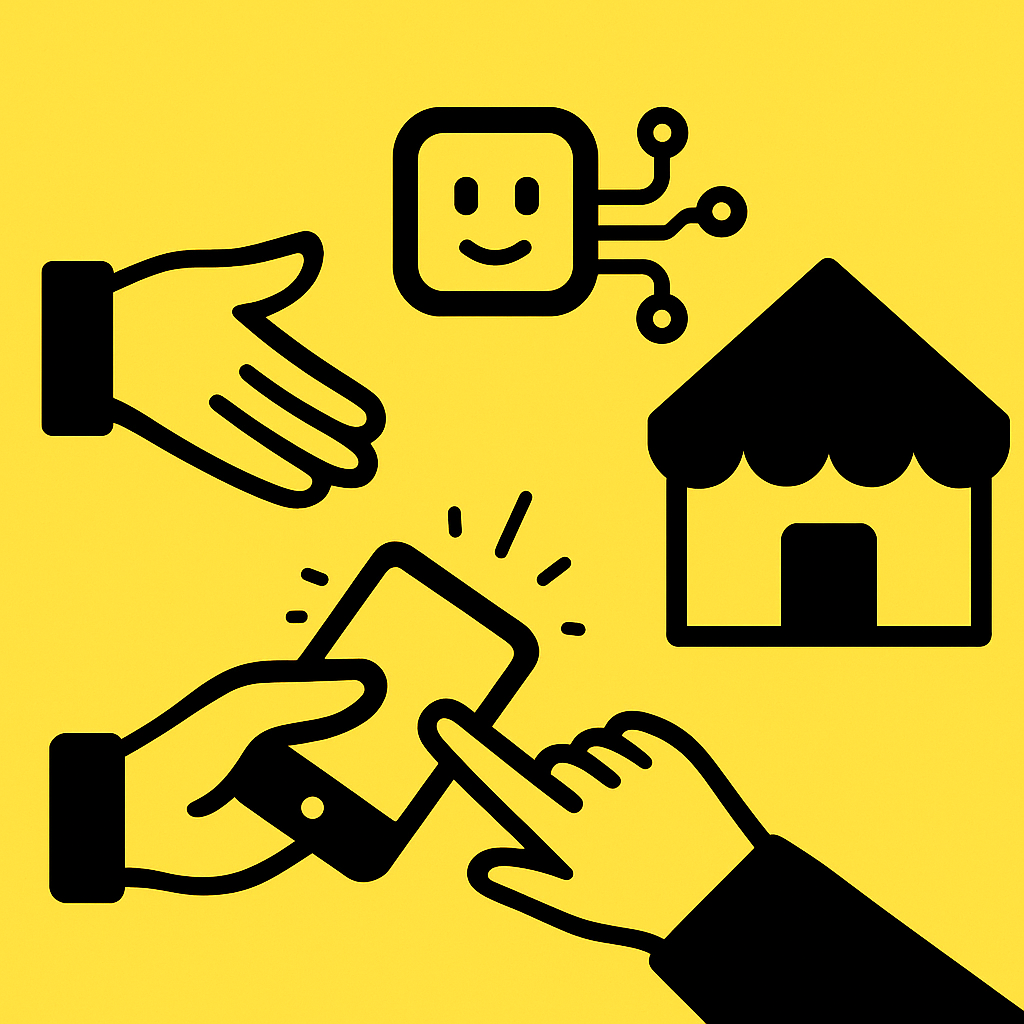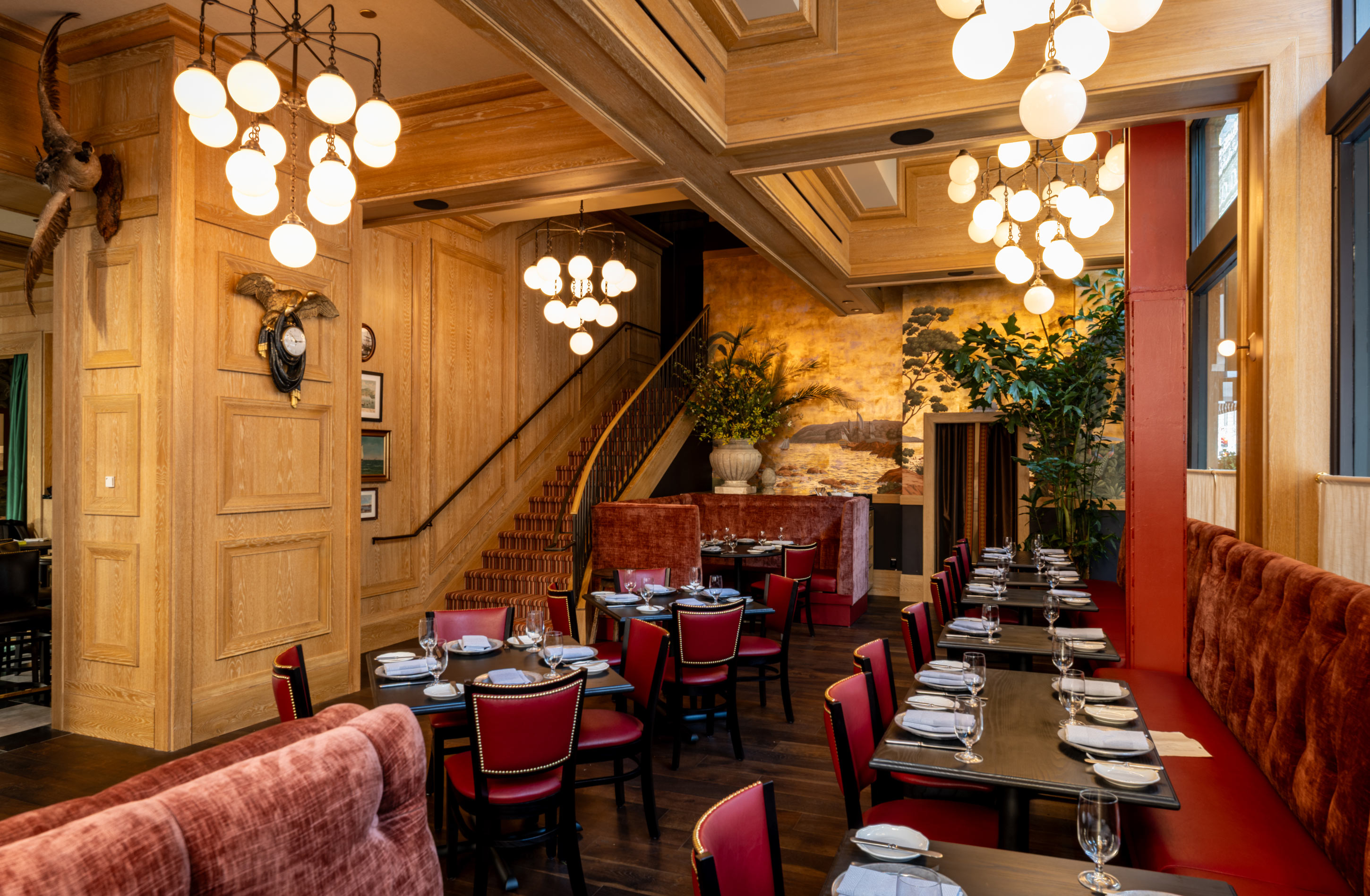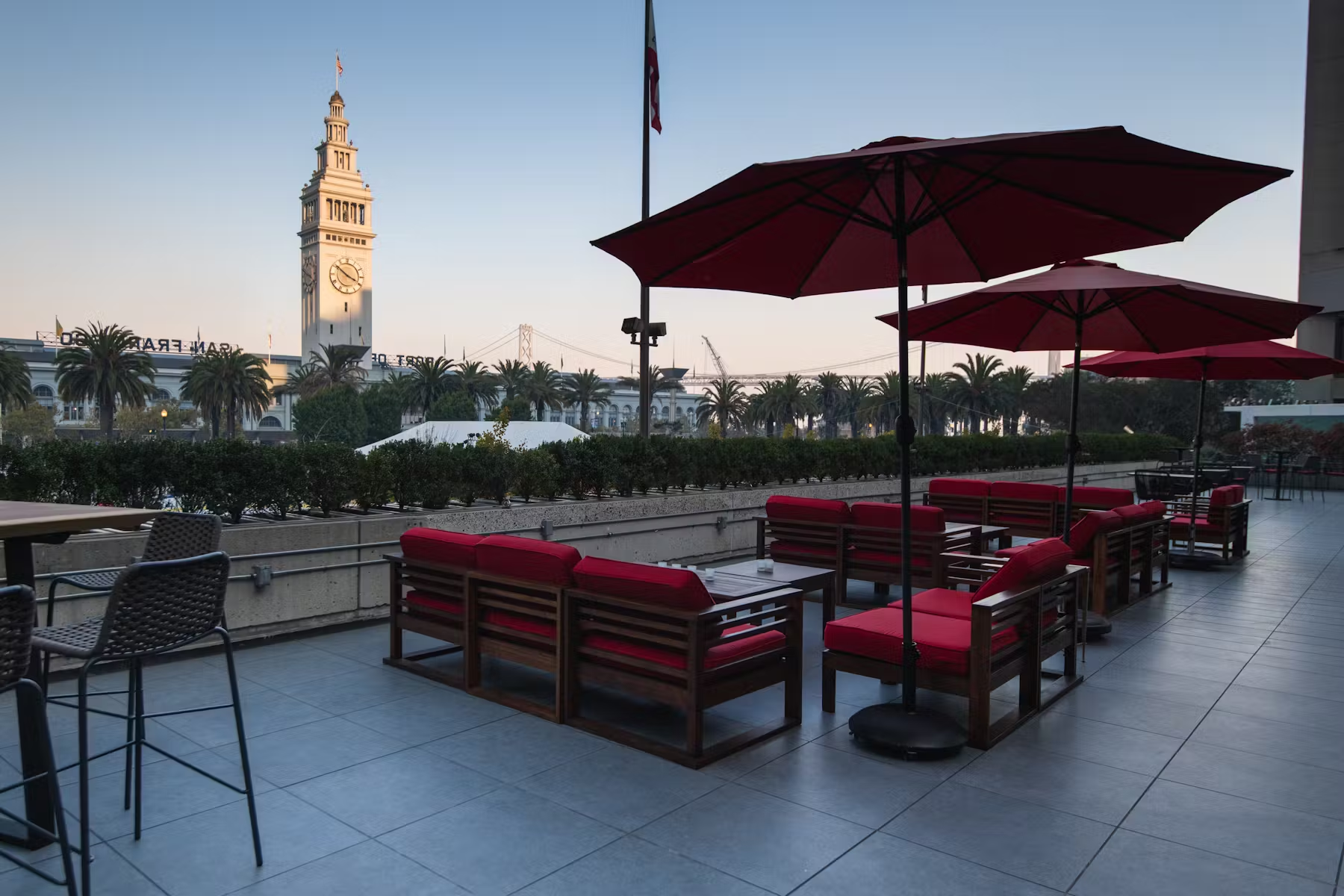
Small restaurants are drowning in phone calls. Industry data shows that in-demand establishments receive between 800 and 1,000 calls per month, with many of these being basic inquiries that could be found on the restaurant's website (Hostie AI). For restaurants with fewer than 75 seats, every minute spent on the phone is a minute not spent serving guests or perfecting dishes.
AI phone reservation systems have emerged as a game-changing solution, with 87% of UAE restaurant operators, 79% of U.S. operators, 74% of U.K. operators, and 65% of Australian operators now leveraging AI in their operations (SevenRooms). The technology has seen "unbelievable, crazy growth" according to industry experts, particularly in restaurant front-of-house operations (Hostie AI).
This comprehensive analysis benchmarks entry-level pricing from four leading providers: Hostie AI, Bossman AI, Maple, and PhoneAnswer.ai. We'll convert their minute-based plans to a standardized 'cost-per-100 bookings' metric and uncover hidden fees that could impact your bottom line.
The restaurant industry has witnessed a dramatic shift toward AI-powered communication systems. If you recently called up a restaurant in New York City, Miami, Atlanta, or San Francisco, chances are you spoke to an AI voice assistant rather than a human host (Hostie AI). This technology gained significant attention at the National Restaurant Association's annual food show, where voice ordering AI was a major highlight (Hostie AI).
For small restaurants, the economics are compelling. At $17 per hour, traditional phone staff positions struggle with high turnover, as "humans typically don't stay long in these positions" due to low wages and repetitive work (Hostie AI). AI systems offer 24/7 availability, consistent service quality, and multilingual support - capabilities that would be impossible to achieve with human staff at comparable costs.
Before diving into specific provider pricing, it's essential to understand what drives AI voice agent costs in 2025. The technology stack includes several core components that shape overall expenses (Softcery):
Generative AI, which powers these conversational systems, is expensive to serve due to high computational resource consumption. Early estimates suggested that OpenAI's ChatGPT cost around $700,000 per day to operate at scale, while Google noted that AI-powered queries can be up to 10x more costly than standard keyword searches (Monetizely).
Hostie AI stands out as a platform specifically designed for restaurants, built by industry professionals who understand the unique challenges of hospitality operations (Hostie AI). The platform's AI assistant, Jasmine, offers multilingual support in 20 languages and integrates seamlessly with major reservation systems and leading POS platforms (Hostie AI).
Key Features:
Pricing Structure:
Bossman AI positions itself as an AI-driven automation platform that can streamline restaurant operations beyond just phone handling. The platform emphasizes identifying process inefficiencies and suggesting improvements to reduce operational costs (Boss AI).
Key Features:
Maple focuses on providing straightforward AI communication solutions for small businesses, including restaurants. Their approach emphasizes simplicity and ease of implementation.
PhoneAnswer.ai offers a broader approach to business communication, with restaurant-specific features as part of their overall platform.
| Provider | Entry Plan | Minutes Included | Est. Cost per 100 Bookings* | Hidden Fees | Setup Cost |
|---|---|---|---|---|---|
| Hostie AI | $149/month | 500 minutes | $89.40 | POS integration | Included |
| Bossman AI | $129/month | 400 minutes | $96.75 | API access | $99 |
| Maple | $99/month | 300 minutes | $99.00 | Premium features | $49 |
| PhoneAnswer.ai | $119/month | 350 minutes | $102.00 | Advanced analytics | Included |
*Based on average 3.5 minutes per booking call, including failed attempts and information requests
To create the cost-per-100 bookings metric, we analyzed typical call patterns for small restaurants:
This means approximately 167 total calls are needed to generate 100 actual bookings, consuming roughly 350-400 minutes of AI time.
Most providers charge additional fees for connecting to existing restaurant systems. POS integration can range from $50-200 per month, while reservation system connections typically cost $25-100 monthly (Hostie AI).
When restaurants exceed their included minutes, overage rates vary significantly:
Advanced capabilities often require upgraded plans:
While testing various AI systems, some voice agents required customers to wait while "conjuring an answer" or remained statically silent before replying (Hostie AI). This inconsistency can impact customer satisfaction and booking conversion rates.
Restaurants using Hostie AI, such as Bodega SF, became early adopters specifically because the platform was designed by restaurant professionals who understood the importance of seamless customer interactions (Hostie AI).
The ease of integration varies significantly between providers. Hostie AI's restaurant-specific design allows for smoother connections with existing reservation and POS systems, while more generic platforms may require additional technical setup (Hostie AI).
A part-time phone attendant working 20 hours per week at $17/hour costs approximately $1,768 per month (including basic benefits and payroll taxes). This doesn't account for:
Companies investing in AI experience an average 4.79% increase in revenue growth compared to 3.56% for non-AI adopters (RevenueML). For a small restaurant generating $50,000 monthly revenue, this translates to an additional $615 per month.
| Scenario | Monthly Cost | Annual Savings vs. Human Staff | Break-Even Period |
|---|---|---|---|
| Hostie AI (500 min) | $149 | $19,428 | 0.9 months |
| Bossman AI (400 min) | $129 | $19,608 | 0.8 months |
| Maple (300 min) | $99 | $19,908 | 0.6 months |
| PhoneAnswer.ai (350 min) | $119 | $19,788 | 0.7 months |
Most AI phone systems require minimal technical infrastructure:
Hostie AI provides comprehensive onboarding support, recognizing that restaurant staff may not be technically oriented (Hostie AI). The platform's restaurant-specific design reduces the learning curve compared to generic business communication tools.
Small restaurants benefit from systems that can be easily customized for:
As AI technology matures, costs are expected to decrease while capabilities improve. The competitive landscape is driving innovation in:
The restaurant AI space is experiencing rapid growth, with specialized providers like Hostie AI focusing specifically on hospitality needs (Hostie AI). This specialization often provides better value than generic business communication platforms.
When budgeting for AI phone systems, consider:
AI phone reservation systems represent a significant opportunity for small restaurants to improve operational efficiency while reducing costs. With entry-level pricing ranging from $99-149 per month, these systems typically pay for themselves within the first month compared to traditional staffing approaches.
Hostie AI emerges as a strong contender for restaurant-specific needs, offering purpose-built features and comprehensive integration capabilities (Hostie AI). The platform's focus on hospitality operations, combined with multilingual support and seamless system integration, provides excellent value for small restaurants looking to modernize their customer communication.
As the technology continues to evolve, restaurants that adopt AI phone systems early will benefit from improved customer service, reduced operational costs, and the ability to focus staff attention on what matters most: creating exceptional dining experiences. The key is choosing a provider that understands the unique challenges and opportunities within the restaurant industry (Hostie AI).
For small restaurants considering this technology, the question isn't whether to adopt AI phone systems, but rather which provider offers the best combination of features, reliability, and value for their specific operational needs. With proper implementation and ongoing optimization, these systems can transform how small restaurants handle customer communications while significantly improving their bottom line.
AI phone reservation systems for small restaurants typically range from $99-$299 per month for entry-level plans. However, the true cost varies significantly based on call volume, with most systems charging per minute or per call beyond base limits. Using a standardized cost-per-100 bookings metric provides a more accurate comparison for budgeting purposes.
According to industry data, in-demand small restaurants receive between 800 and 1,000 calls per month. Many of these calls are basic inquiries that could be found on the restaurant's website, making AI phone systems particularly valuable for handling routine questions about hours, location, and menu items while freeing staff for more complex tasks.
Common hidden fees include setup costs ($100-$500), integration fees for POS systems, overage charges for exceeding call limits, premium voice options, and multilingual support upgrades. Some providers also charge separately for SMS capabilities, advanced analytics, or priority customer support that may be essential for restaurant operations.
Based on cost-per-100 bookings analysis, entry-level systems like Hostie AI and PhoneAnswer.ai typically offer the best value for smaller establishments. Hostie AI stands out with its restaurant-specific features and integration with major reservation systems, while offering multilingual support in 20 languages through their AI assistant Jasmine.
Small restaurants should prioritize seamless integration with existing POS and reservation systems, multilingual support for diverse customer bases, and the ability to handle complex reservation modifications. The system should also provide real-time analytics to track call patterns and booking conversion rates to optimize restaurant operations.
AI phone systems can dramatically improve staff productivity by handling 60-80% of routine calls, allowing staff to focus on in-person customer service and food preparation. The systems provide 24/7 availability for reservations and inquiries, reducing missed booking opportunities and improving overall customer satisfaction through consistent, professional responses.
RELATED


